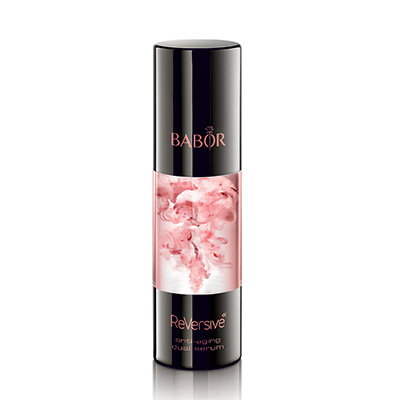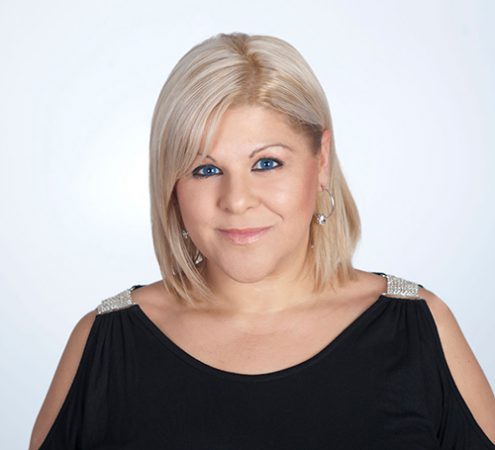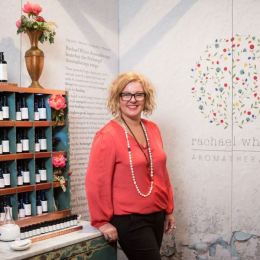Staying afloat in the competitive aesthetics marketplace is tougher than ever, according to customer service expert Julie Piantadosi, and capturing loyal clients can be infinitely challenging as “there’s a clinic on nearly every corner”.
“If you’re not consistently exceeding your clients’ expectations or they get just one bad vibe, you will loose them forever,” Julie says. “They’re much less forgiving because they can easily go and have the same (or very similar) treatment, elsewhere.
“This is why you need to make people feel amazing. People don’t buy products or services. People buy people. You can offer the most cutting edge treatments and execute them better than anyone. You can spend a fortune making your business look great. But if you and your staff don’t deliver a seamless `wow’ experience, your spa, salon or clinic will never thrive.”
Julie has been coaching spa and salon teams in impeccable customer service for 16 years. She also works with corporations including the Commonwealth Bank and Qantas and says, across the board, consistency is absolutely key to business success.
She shares her strategies with SPA+CLINIC for delivering outstanding service, when faced with some of the most common industry curve-balls.

When Your Rival Competes On Price
It wouldn’t be uncommon for another aesthetics business to set up shop in your area and offer near-identical treatments or procedures as you, but a little cheaper.
Thankfully, however, Julie says not to worry about competing on price as long as you deliver an ultra-personal experience that shows you genuinely care.
“The minute clients go back to their routine they may forget how great their skin feels post-treatment but they will not forget the human interaction of a service provider that made them like the most important person in the world.
“They’ll understand the value in what you do and be happy to pay more for it,” she says. Here are her tips:
- Don’t just make notes about your clients’ skin – remember the little details they tell you about their personal life even if it means keeping a notebook with you.
- This often requires “really tuning in” and listening to everything they say. Perhaps they always go to the gym before coming to visit you, or maybe they’re saving for a holiday. Noting any of the above is vital.
- Make the time to record these personal details on their file, no matter how insignificant they might seem and have them on hand to reference on their next visit.
- Follow up when you see them next and show you remembered everything they’ve said by asking them specific questions related to little things they told you such as, “how’s the holiday saving going?”
- Actions can speak even louder – if they always carry an energy drink with them because they arrive straight from the gym, you could have one waiting for them.
- The worst thing you can do is ask “what was your name again?”

When Your Client Is Cold
Despite pouring all your energy into making your client feel great, sometimes they may not want to interact and could even come across as hostile. Julie says not to take it personally and to always remain professional. Consider a standoffish customer an opportunity to exercise upmost empathy. Her advice:
- The keys to empathy are seeing, hearing and feeling.
- Show understanding wherever possible by using language such as “I see how frustrated you are”, “I can imagine how that makes you feel”, “I can hear your frustration”.
- Read your guests’ behaviour and if they’re not communicating they may just want a quiet experience, so don’t continuously keep talking and respect their wish.
- The worst thing you can do is mirror their negative behaviour.
- Don’t whisper or talk quietly to your colleagues in front of them as they could think you’re talking about them.

When There’s a “No-Show” Or The Customer is Late
Julie says that in the aesthetics industry, the chances of having back to back appointments six days a week are slim, which is why it’s important to have a flexible mindset and a “can-do” attitude.
“When we worked with paper appointment books in pencil, we were flexible but computer booking systems can make appointments feel “fixed” which can stress staff out if people are late or don’t turn up,”she elaborates.
“But these things happen to every service business and we can’t take it personally.” Her tips for responding:
- If a client who is booked in for two treatments calls and says they’re running 15 minutes, don’t be rude when they show up or say, “because you’re late I can’t fit you in for both treatments”. Little do you know, the appointment after may not show up at all.
- Go above and beyond to accomodate them as much as possible by using language like: “Of course we can do that”, “yes we can move an appointment to get you in”, “It’s not a problem, these things happen”.
- Consider your cancellations policy – if it’s too rigid you could lose a loyal client simply because they miss an appointment once but don’t want to pay the fee.

When There’s A Technical Mistake
“If you’ve missed a little hair in a laser treatment, or you tinted someone’s eyebrows a little too dark, don’t worry, because people will forgive you, as these are mistakes,” says Julie. “They won’t forgive you for a poor response because that’s a choice.” Her advice:
- If a client calls or comes back in to complain be sure to thank them sincerely for their feedback.
- Take responsibility for the miscommunication, don’t be defensive and blame another staff member or the client.
- Don’t assume they’ll be interested in giving you a second chance at whatever went wrong, rather, ask them what an ideal outcome would be to them.

When You’re Totally Exhausted
Offering incredible customer service is easy when things are good (bills are paid, home life is happy and you’ve had eight hours’ sleep) but what happens when you don’t feel 100 percent? Since consistency is the key, Julie tells us her tips for never letting a client feel your negativity:
- Remember every successful person is busy and tired.
- Take ownership of the fact that you’re not feeling great then focus on what you can do that’s productive, not on your shortcomings.
- Try not to worry about things outside of your control while you’re at work.
- Make a conscious decision about whether to stay in bed or go to work. If you choose to go to work you have to fake it – put on a smile and get on with it.
- If you know you can’t fake being 100% with it, stay in bed.

Julie Piantadosi is one of Australia’s leading customer service trainers, presenters and business advisors. Companies from all over the world call on her services to transform their teams. She is holding several empowering workshops at Beauty Expo Melbourne this weekend, March 25-56 that are focused on remaining profitable in this competitive environment.




